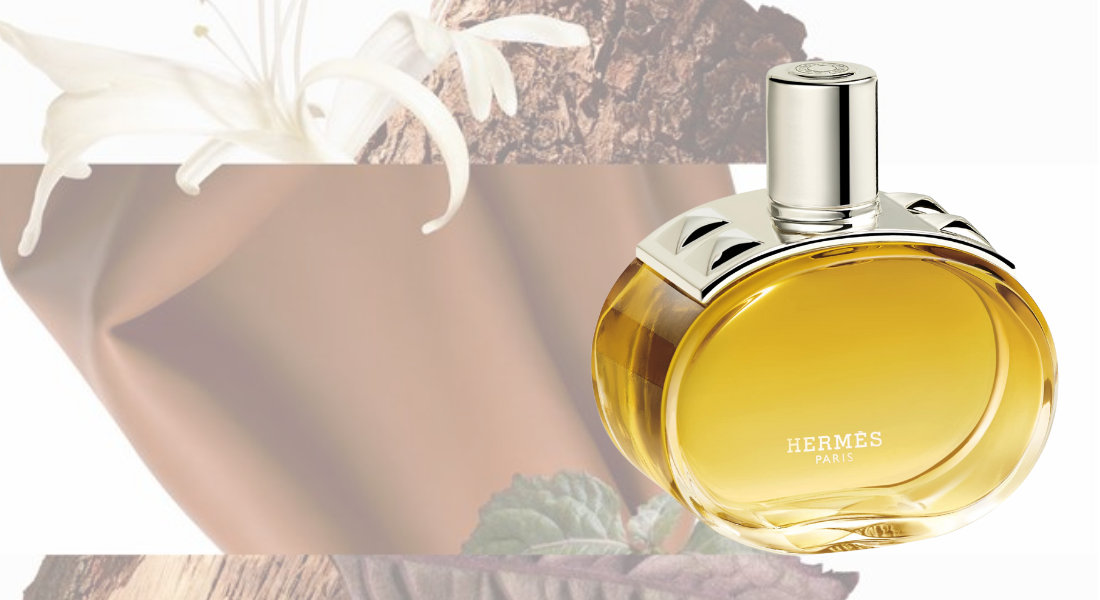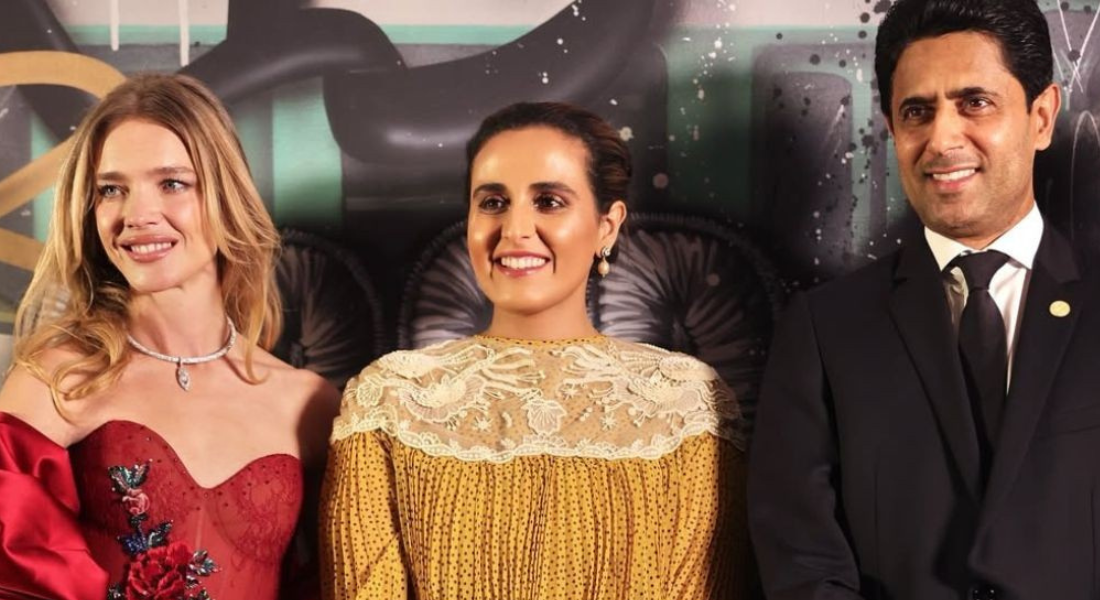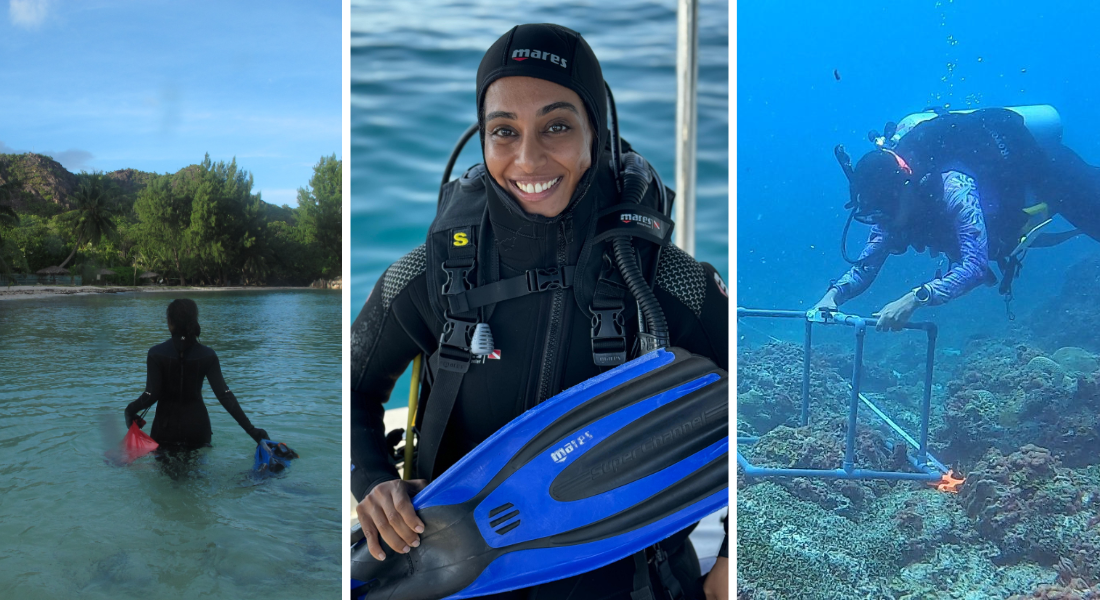
“When I started my career, there were very few women working in marine sciences, especially from the Gulf,” says Dr Reem AlMealla. “There were moments when I was underestimated and told that certain tasks weren’t ‘for women’. I’ve had to carve out space in a field that wasn’t always ready to make room.”
As Bahrain’s first – and only – female marine biologist and coral reef ecologist, Dr Reem’s story is, naturally, incredibly inspiring. Having served as a scientific advisor to the Bahraini government for over a decade, she has represented her country at UN Conventions and COP28, while her ecological studies have earned her multiple awards and fellowships.
The proud founder of Nuwat, Bahrain’s first dedicated ecological research and conservation think tank, her career has seen her work across the country’s coral reefs, seagrass meadows, and mangroves, and as far afield as Indonesia, Madagascar, and other locales around the world.
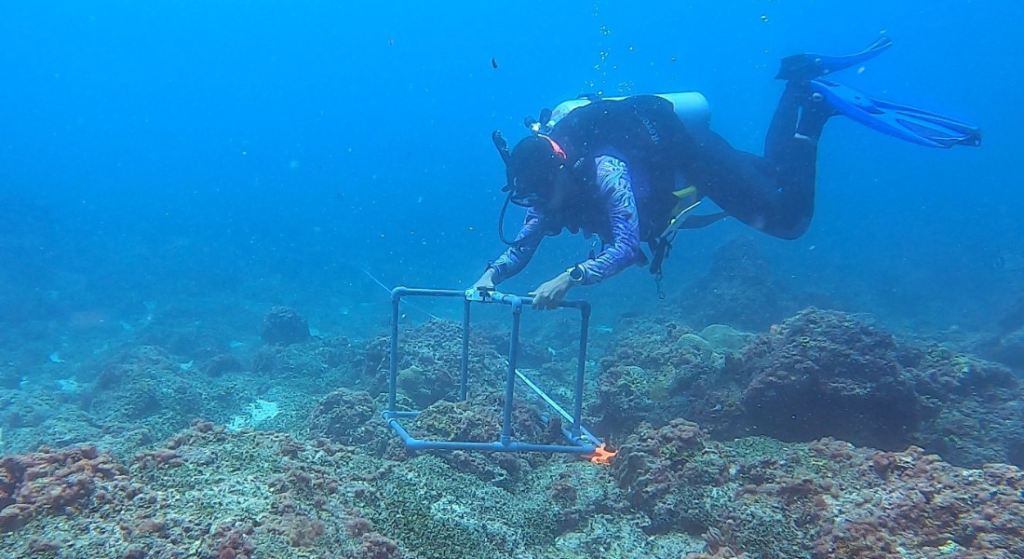
Yet, her journey hasn’t always been easy.
“I was told I wouldn’t last more than two to five years, or that I’d stop once I turned 30,” recounts the 37-year-old candidly. “There was also the unspoken bias that someone white would be preferred over someone like me. It didn’t matter that I was qualified. There have been times when it felt like my identity, rather than my expertise, was being evaluated. Yet, here I am, 15 years later, still diving, and still leading expeditions and projects.”
The challenges she has faced have only made Dr Reem more committed to science, and also to creating a more inclusive pathway into the field.
“I feel a responsibility to support other women. After navigating so many barriers alone in my early career, I don’t want anybody else to feel that isolated or invisible,” she says. “Representation matters. And when young women see someone who looks like them thriving in science, it plants a seed of possibility.”
Despite managing a packed working schedule that includes fieldwork, lab analysis, international travel, policy advisory roles, publishing, science communication, teaching, public speaking, and appearances at global conferences, Dr Reem also offers two-month mentorship programmes for women. She is also the founder of Gulf Women in Environmental Science Network, the first platform of its kind dedicated to women across the Gulf working in environmental fields.
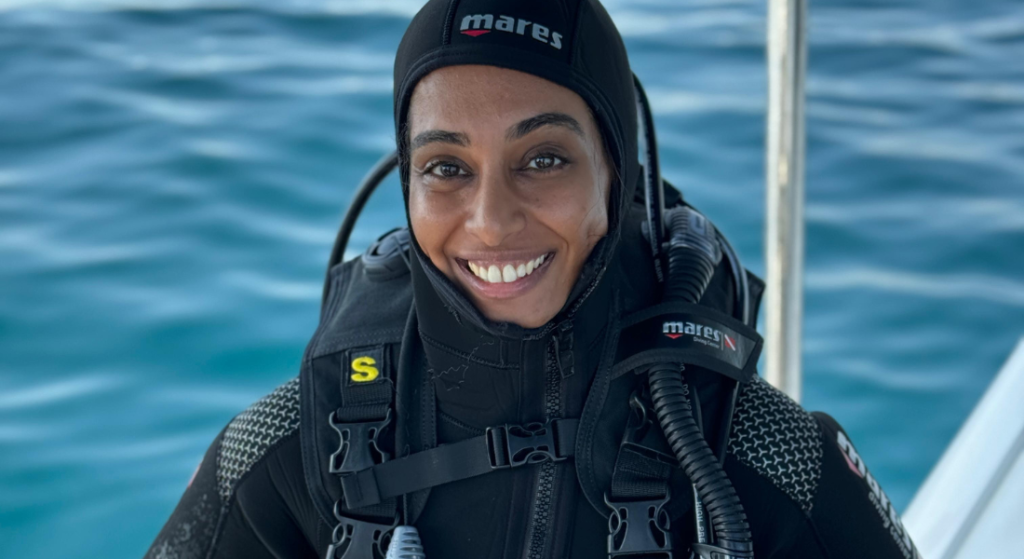
“For me, mentorship is non-negotiable. It’s how we build bridges for the next generation. I’ve had many male and female allies, and I want to make sure I do the same for others,” she shares. “I want young women in the Gulf to see that there is a place for them in science – not just to participate, but to lead, innovate, and shape the future of environmental action.”
Her love for the ocean started as a child, while she was growing up by the Bahraini coastline. “I spent countless hours by the sea, not just playing but observing, and feeling curious about the world beneath the surface,” Dr Reem reveals. “I now understand that I was drawn to how interconnected nature is, and the fact that everything has its own role and rhythm.”
Watching the movie Free Willy then introduced her to the term ‘marine biology’. “That moment was pivotal. It gave a name to the wonder I’d always felt for the sea, and revealed that it could be more than a passion. It could be a profession and something I could dedicate my life to,” she adds.
Dr Reem then went on to study marine biology in the UK, and complete her PhD at the University of Essex, where she became the first Bahraini woman to publish a paper on coral reef science.
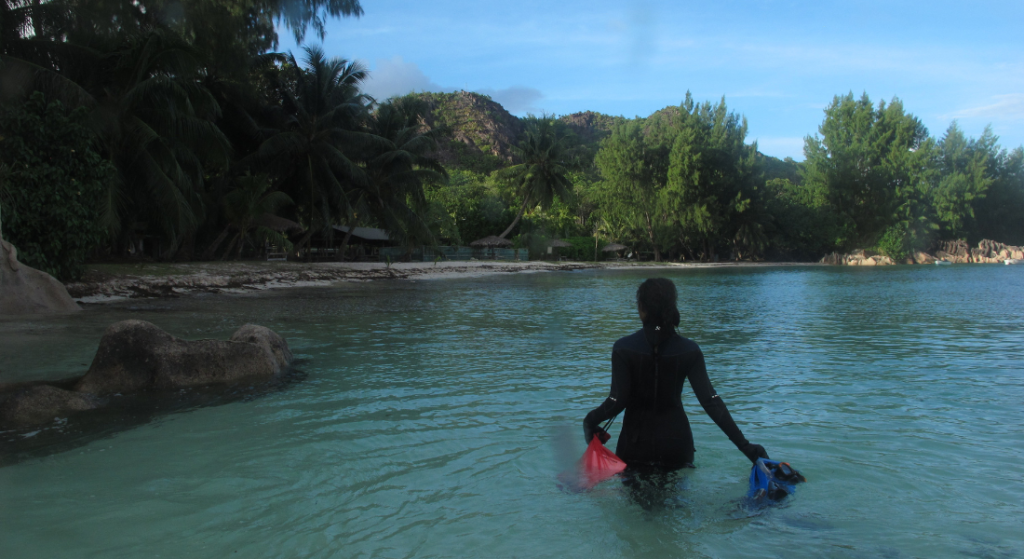
“Coral reef degradation is a major concern in the Gulf, but it’s just one part of a bigger story. Coastal development, pollution, habitat destruction, and overfishing – especially of sharks and rays – are placing immense strain on our biodiversity,” she says. “The health of our oceans is directly tied to food security, livelihoods, and even national identity. That’s why conservation here isn’t just about saving species. It’s about sustaining the very fabric of who we are as Bahrainis.”
In her job, no two days are the same. Some are spent in the field collecting data, while others are in the lab analysing samples, conducting back-to-back meetings with clients, or leading educational sessions with young people.
“It’s incredibly meaningful to work both at home and on the global stage,” Dr Reem shares. “Working internationally gives me exposure to diverse ecosystems, research approaches, and conservation models, but there’s something profoundly grounding about contributing to the protection of your own homeland. Bahrain’s landscapes, species, and communities feel like an extension of who I am.”
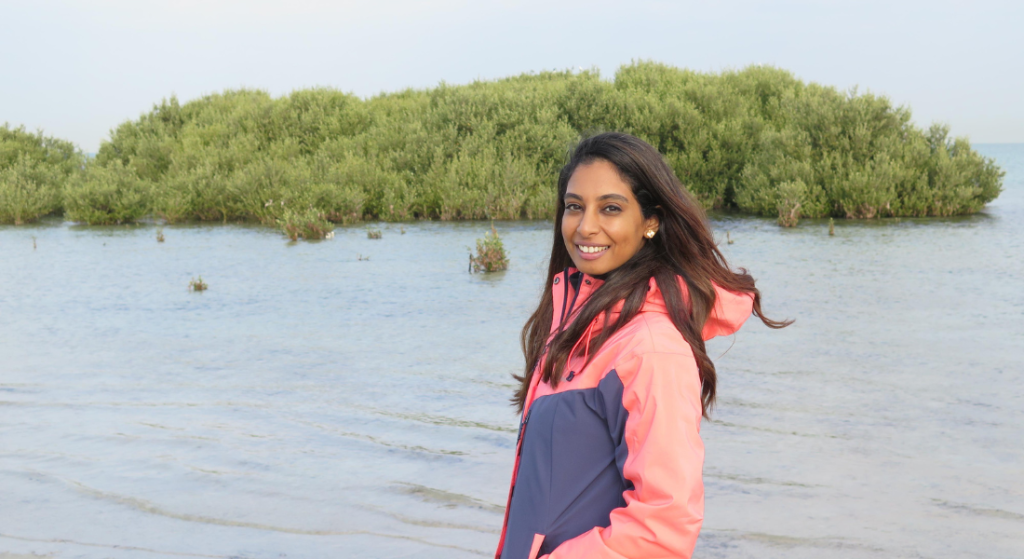
One of Nuwat’s most exciting projects is Finsight Bahrain. Co-created with Dr Dareen AlMojil, the first female Khaleeji shark specialist, it is the country’s first national initiative focused on shark and ray conservation.
The resilience of pearl oysters is another of Dr Reem’s key interest areas, and she now aims to grow Nuwat into the region’s leading centre for applied ecological research, environmental education, and conservation innovation.
“I’ll continue to mentor young scientists, advocate for biodiversity policy, and raise the profile of locally led conservation across international platforms,” she concludes. “My dream is for Nuwat to become a place where knowledge leads to action, where ecosystems are restored with intention, and where a culture of stewardship is embedded at every level of society.”
Follow @rmealla on Instagram
